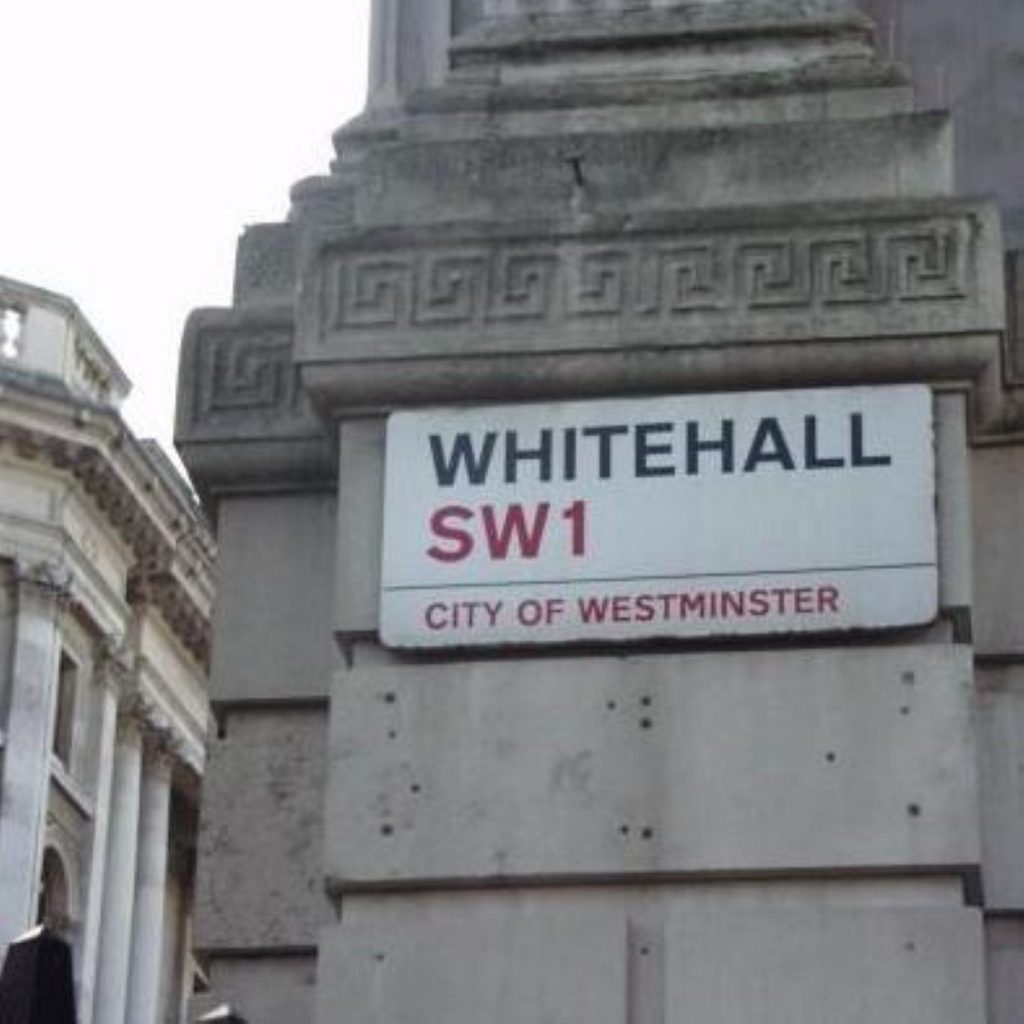Midterm review: A missed opportunity?
These are shamelessly nabbed from the Institute for Government's excellent report A Game Of Two Halves, which looks at the challenges posed by the waning of coalition governments as the next general election approaches.
They've provided a list of 'renewal options' for the Conservatives and Liberal Democrats, some of which are being met by David Cameron and Nick Clegg. Some are not; ahead of the main event, here's my pick of the areas they're failing and succeeding.
What they are doing:
- Reaffirming their commitment to working together
- Be clearer about prioritisation than the original review
- Placing the coalition's policy commitments in a broader strategic framework


What they're not doing
- There's no clear and transparent reporting mechanism for progress against the programme for government document.
- Nor are they being open about the policy commitments being dropped from the original programme for government
The prime minister's spokesperson said this morning we shouldn't expect a line-by-line analysis of commitments made and promises broken. This will undermine its importance in the eyes of voters, merely in order to cover up some areas where reform hasn't been possible. It also leaves big question-marks about the big areas of reform which remain unfulfilled: they are still on the to-do list, and are presumably falling down the pecking order. But could they still be introduced?
The IfG quotes Sir John Elvidge as arguing that in a midterm review, government must find a way "to identify activity which seemed appropriate at the time of the programme for government, but which no longer seems appropriate".
- – Clarify coalition policy on areas not covered by the original coalition agreement
We can expect a little bit of this, but not much. The governing instinct here is one of flexibility, I suspect: officials and ministers will avoid committing to anything wherever possible, so they certainly won't go out of their way to pin down their positions. This is odd, as simply being in government for two-and-a-half years has forced ministers to develop policy stances on a range of issues. A missed opportunity, then.
Here's some wise words from the IfG's director, Peter Riddell:
Parties naturally want to set out their distinctive approaches but at the same time they must still work together in government. Reconciling coexistence and competition will be very tricky given differences over Europe, energy policy, and the next round of spending cuts covering the period after the next election.
These tensions provide a test not just for ministers but also for the civil service in handling the divergences between the coalition partners. New conventions and understandings will have to be devised to handle this new political and constitutional situation.
Again, there's no clear suggestion just yet that this is taking place. The midterm review will give the coalition's longevity prospects a shot in the arm, but the art of multi-party government in Whitehall still has some way to go before it has become truly refined.
You can read the Institute for Government's report in full here. It's only 80 pages long. Will be interesting to see whether the midterm review gets anywhere close to that length…

